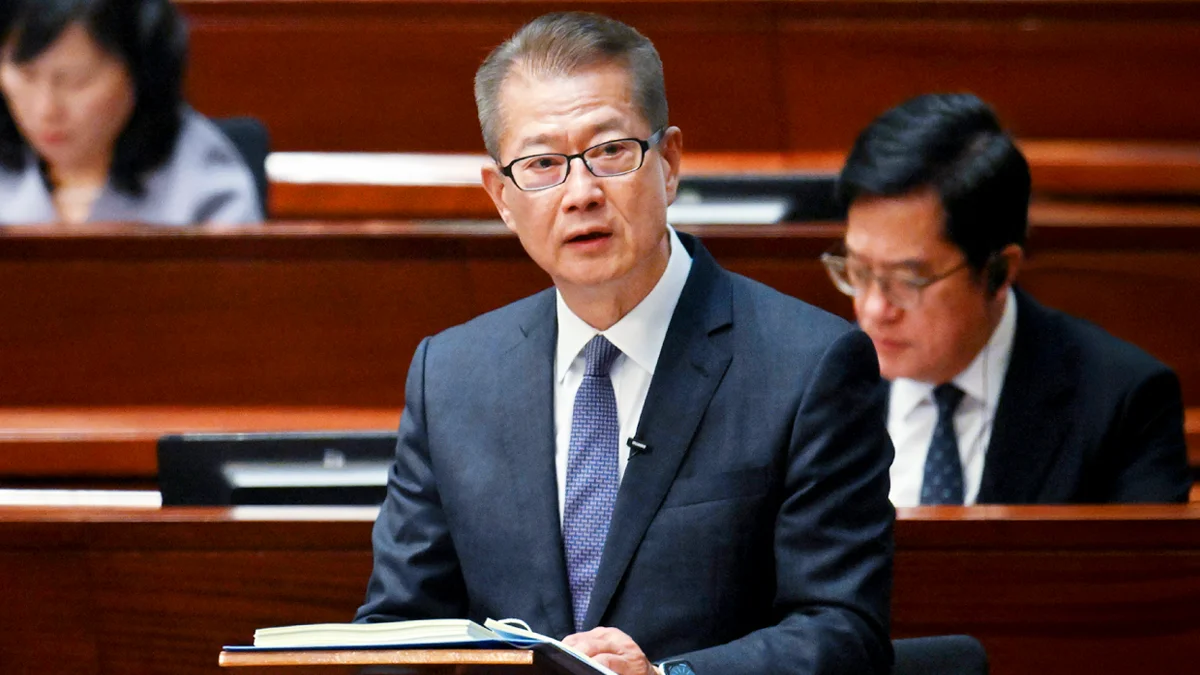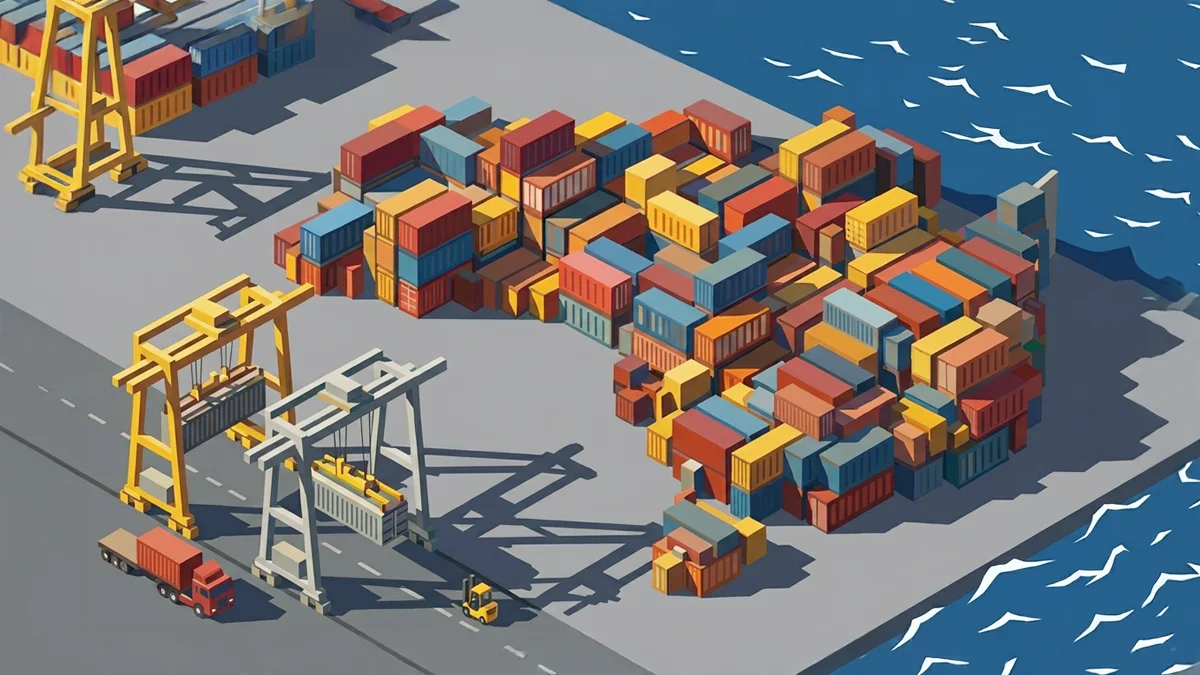(Re)in Summary
• An online claims tracking platform allows policyholders to monitor claim status and details in real time, improving transparency and satisfaction.
• In risk evaluation, underwriters review medium- to high-risk cases while machine learning handles more clearcut decisions, freeing up underwriters to add value where most needed.
• Additional data sources and open government datasets help identify cross-selling leads.
In a keynote at the East Asian Insurance Congress (EAIC) 2024 in Hong Kong on September 27, Lillian Lai, President of Tokio Marine Newa Insurance (TMNI), outlined how the company is leveraging technologies like artificial intelligence (AI), machine learning and data analytics to boost efficiency, lower costs and enhance the customer experience in Taiwan’s increasingly competitive market.
Taiwan’s general insurance industry faces challenges from evolving customer demands and continuous technological disruption. With 19 insurers operating in a direct sales model rather than through brokers or agents, insurers must adapt nimbly to remain profitable and competitive, Lai said.
Within Taiwan’s general insurance industry, motor insurance makes up 50% of the annual US$8.3 billion in premiums, with around 477,000 vehicles sold last year alone. For TMNI, auto insurance represents over 60% of its business in Taiwan. To effectively scale this major line of business while improving processing speed and reducing human errors, the insurer recognizes technology as an opportunity rather than a threat.
Lillian Lai
President of Tokio Marine Newa InsuranceA case in point: The company developed an online platform allowing policyholders to track the location of claims services in real time, ensuring roadside assistance and on-site accident support. Customers can monitor the handling status and details of their claims from filing to resolution via click options like “File a Claim”, “Notifications” and “Read More Details” on the claim tracking function.
“It’s all about transparency and customer satisfaction. The key to AI claim handling is OCR ratifications and damage assessment,” said Lai.
OCR streamlines the verification of application contents, documents, policies, coverage details, repair quotes, invoices and claimed amounts while analyzing damage images within seconds to verify claims, said Lai. This has led to significantly shorter processing times, higher customer satisfaction and reduced expenses.
The insurer also uses machine learning models combined with underwriter expertise to strategically evaluate and determine an objective customer risk rating. While cases rated as extremely high or low risk will be automatically rejected or accepted, medium to high-rated cases are reviewed by underwriters to make final decisions.
This leaves underwriters to make knowledgeable judgments only on borderline medium or high-rated applications, where human nuance provides added value in finalizing outcomes, according to Lai.
Lillian Lai
President of Tokio Marine Newa InsuranceTokio Marine is also tapping into new data sources, such as open government datasets, to identify cross-selling opportunities. “If they are insured with us for motor insurance, we might use the open data to find out whether they own an SME company, so we will be able to cross-sell commercial insurance as well,” said Lai.
Looking ahead, Lai stressed that harnessing external partners’ expertise and flexible technology infrastructure will be crucial. “Continuous innovation is a must for all insurers. Where there is a will, there is a way. The future of the insurance industry depends on what we do today and our investment in technologies will [eventually] lead to better service and higher customer success,” said Lai.
























